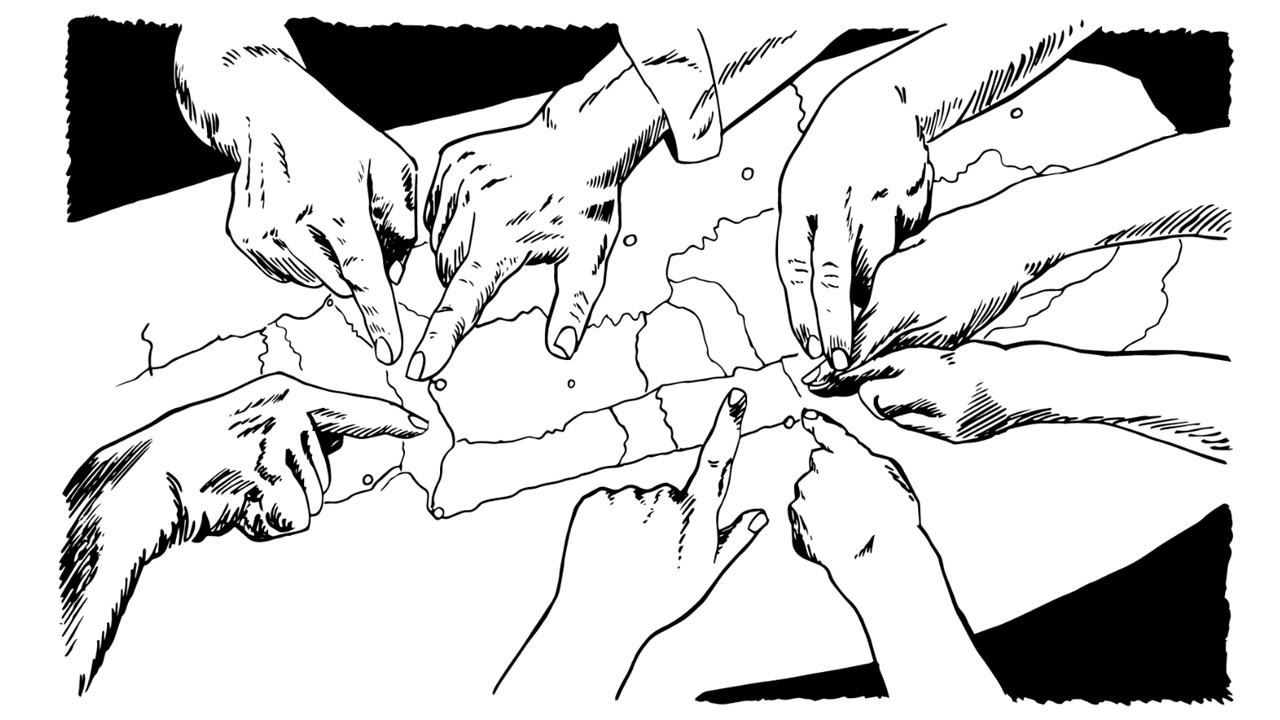Defending against Extermination: A Comparative Approach to Self-Defense in the Case of Mass Atrocity
Author ORCID Identifier
Document Type
Working Paper
Publication Date
Fall 9-4-2024
Keywords
Mass Atrocity, Self-defense, DRC, Artsakh, Hamas, Palestine, Israel
Department
Institute for Genocide and Mass Atrocity Prevention (IGMAP)
Abstract
This paper is a comparative study of three contemporary cases of self-defense in the context of mass atrocity. I define self-defense as violence deployed by armed groups as non-state or quasi-state actors to preserve life and social group integrity. This definition acknowledges power relations as complex and violence as multidirectional. Actors include informal defenders, civilians, military actors each overlapping with varying interests. I pose the research question: what is legitimate self-defense in the context of mass atrocity, and how is it presented in the public sphere, regionally and internationally for the purpose of political support or sympathy? In doing so I address the claims of mass atrocity, and the methods of violence used and the targets of this violence used in to self-defense. Answering these questions in this explorative paper are data from three comparative cases focused on a specific year of self-defense actions in each: Hamas in Gaza during 2023; Artsakh Defense Forces (ADF) in Artsakh or Nagorno-Karabakh in 2020; and, Twirwaneho in Congo in 2021.
Recommended Citation
Davey, Christopher P. "Defending against Extermination: A Comparative Approach to Self-Defense in the Case of Mass Atrocity," Microdynamics of Mass Atrocity Working Paper Series, September 2024.
Creative Commons License

This work is licensed under a Creative Commons Attribution 4.0 International License.
Included in
International Relations Commons, Race, Ethnicity and Post-Colonial Studies Commons, Sociology Commons



